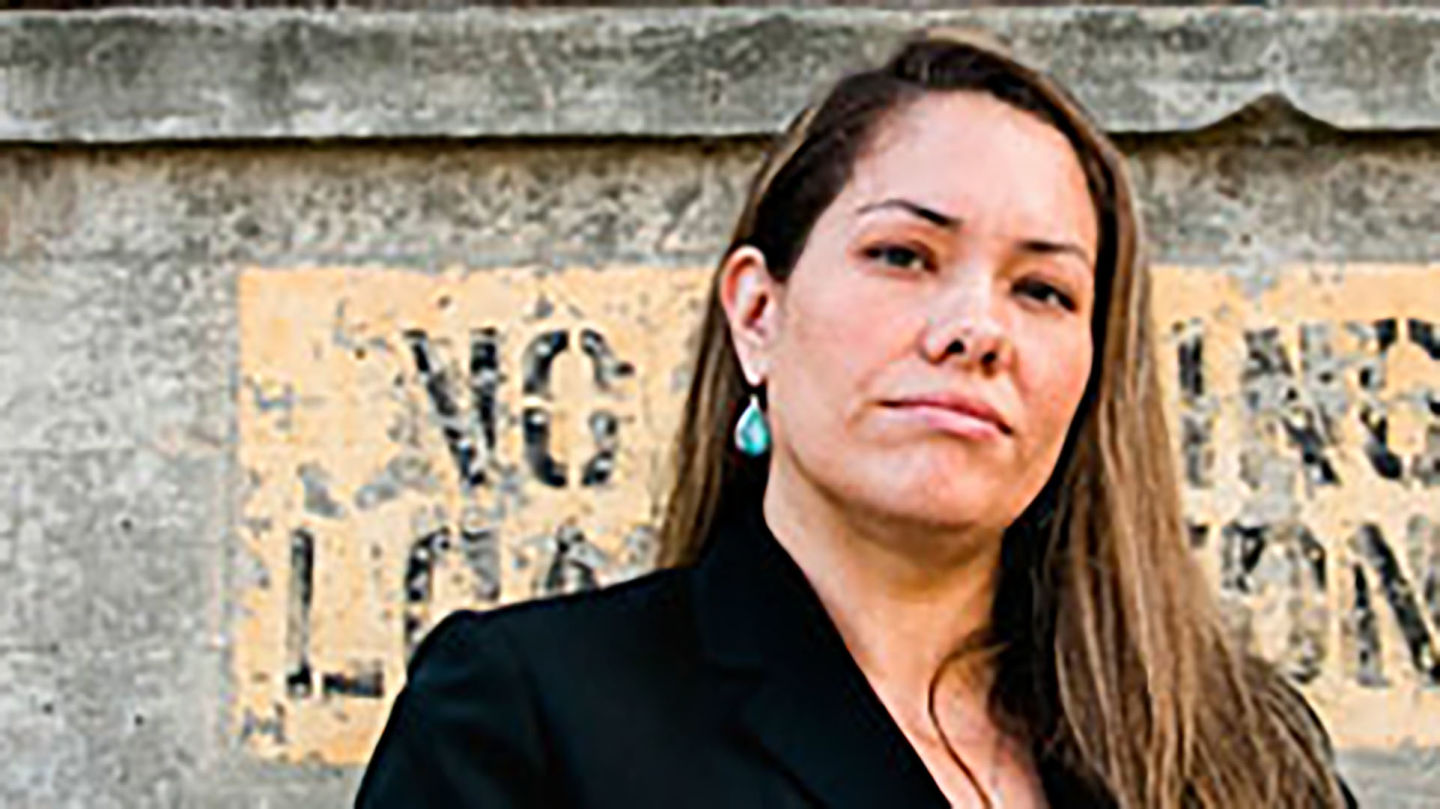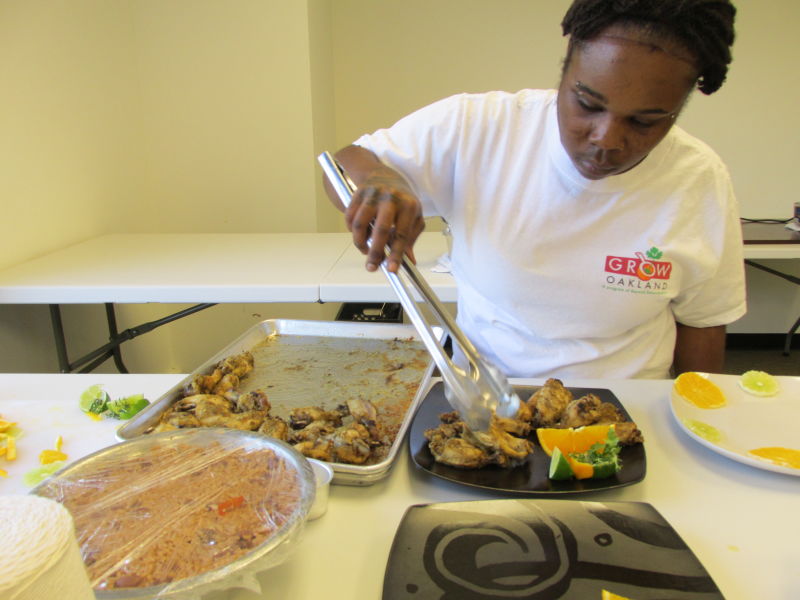"Fundamentally the thing that children need most in order to heal and to thrive is that relationship with an adult who loves them."
Phasing Out Group Homes
In October, Governor Jerry Brown signed a law intended to scale back the use of group homes by the state's foster care system. Instead of leaving foster youth to the care of the staff in a group home, Assembly Bill 403 (AB 403), will place children more quickly into foster families.
Foster youth will stay at treatment centers for a maximum of six months and group homes will be officially be phased out around 2021. These treatment centers are designed to better fuse the services of the mental health and child welfare systems.
The new law goes into effect in January as part of a larger framework called the Continuum of Care Reform.
Sylvia Deport, who is deputy director of the Human Services Agency of San Francisco, says this is a big undertaking and will require recruiting, finding and securing families who are willing to provide an adequate level of care for foster youth.
"We want to make sure that kids transition out to be successful adults in our society," she says.
Aging Out of Foster Care
According to a 2009 Report from the Urban Institute, one in five foster care youth will become homeless after the age 18, and one in four will be involved in the justice system within two years of aging out of the child welfare system. Those numbers prompted California to extend the age foster youth receive benefits to 21.
Twenty-year-old Noel Anaya has been in foster care since he was 4 years old.
"When I was 18, I realized, that I had [this year] plus a year to go. So after high school, [I] figured out a game plan, you know go to college."
But sticking to a game plan is difficult he says. Foster youth often have to worry about things that might not even cross the mind of a privileged youth who is the same age.
"You go through a midlife crisis at the age of 18, 19, 20, because you're like, 'Oh my God is my credit good, is my housing stable, [are] my funds right?"
Choosing to Be a Foster Parent
There's a lot of paperwork, home study and licensing that goes into becoming a foster parent. But Sheri Justice-Cook says even though the job is challenging, it's also fulfilling and important. Justice-Cook is currently fostering two children and a legal guardian of two other children.
"They need socialization skills. A lot of the children didn't have limits and boundaries set upon them prior to entering into foster care. It's not just difficult for the foster parents, it's difficult for the kids. Just imagine being snatched out of your house and taken to a strange person's house."
She says being a foster parent is a two way street -- it's hard for both the parents and the kids.
"A lot of children have a hard time attaching with us because they feel disloyal to their parents, you know. You have strangers telling you what to do."
She says it's the foster parents' job to assist the child and do the best they can to help the child go home or get adopted.

